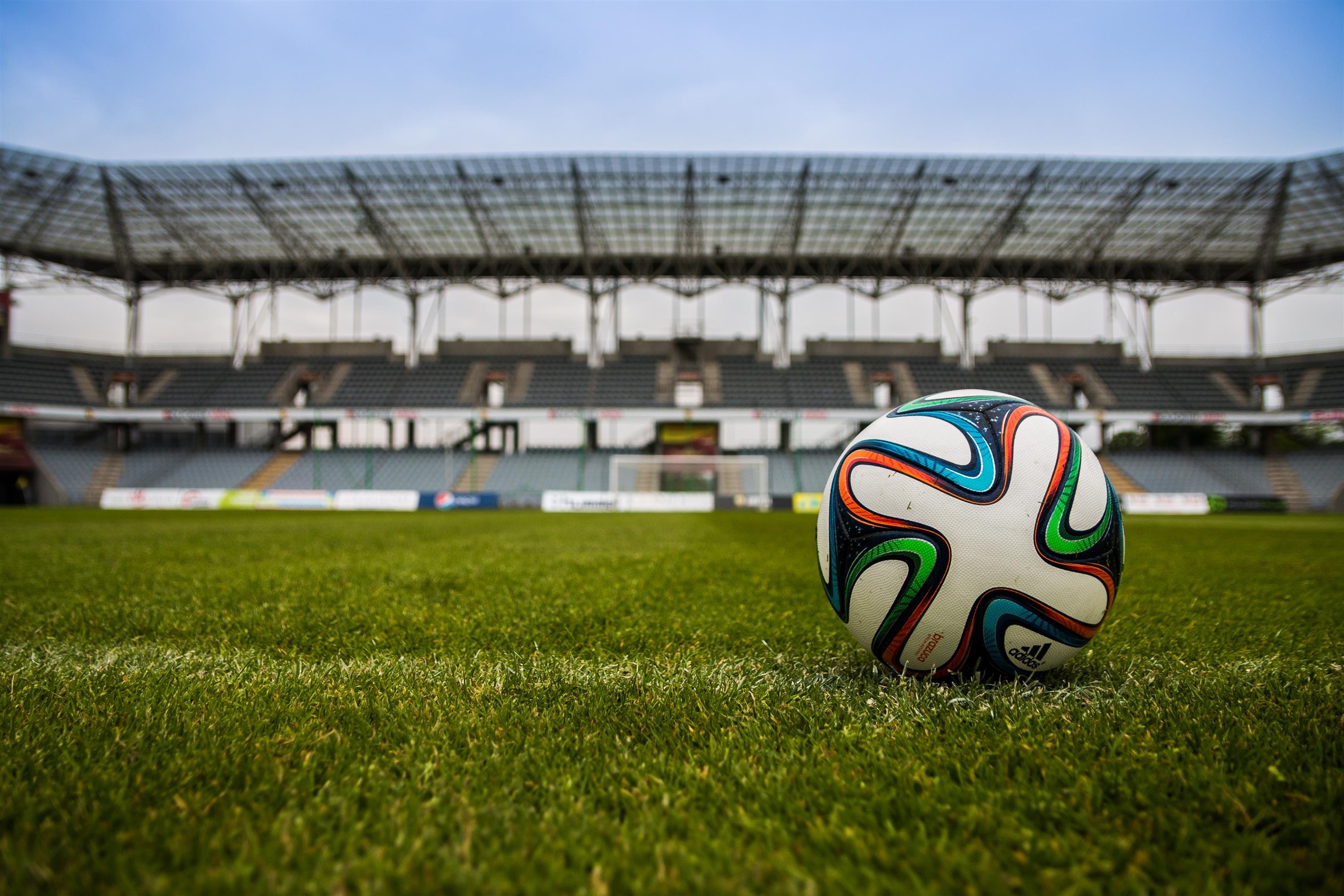“B arentsburg welcomes you” read the white letters in Russian above the dock. From the moment visitors step off the boat, there is little doubt who is at least symbolically in charge of this small town of a few hundred in the middle of the Arctic Ocean. Russian flags fly from buildings. The local pub, the Red Bear, charges punters in roubles. A bust of Lenin looks out across the fjord, behind it a monument declaring: “Our goal is communism!”
Despite the historical association with Russia, the mining town in question is not situated within Russian borders; rather, it is nestled in Norway. Since 1932, it may have been owned by the Soviet Union and, subsequently, Russia. However, the town is located on the Arctic archipelago of Svalbard, which unequivocally falls under Norwegian jurisdiction.
This unique situation is governed by a treaty dating back to 1920, where the Norwegian government is granted "full and absolute sovereignty" over Svalbard. In exchange, signatory nations, which include Russia, are afforded equal rights of residence and access to the region. This agreement underscores Norway's dominion over Svalbard, despite the presence of the Russian mining town.
Until recently, the mostly Russian and Ukrainian residents of Barentsburg have had remarkably warm relations with their predominantly Norwegian Arctic neighbours along the coast in the settlement of Longyearbyen. There were regular cultural exchanges, with visiting symphony orchestras and children’s choirs, chess competitions and sport fixtures.
But since Russia’s invasion of Ukraine the two communities have found themselves on the edge of the west’s last remaining interaction point with Russia. And the mood has turned decidedly icy.
On 9 May, the day celebrated in Russia as a commemoration of the Soviet victory over Nazi Germany, the Russian general consul, Andrei Chemerilo, led a parade of dozens of vehicles and a helicopter bearing Russian flags. In another parade in the abandoned Soviet coal mining settlement of Pyramiden, a bulldozer was photographed flying the separatist flag of the “Donetsk People’s Republic”. A few months later, in July, Russian officials conducted a Navy Day Parade with a small flotilla of boats in Norwegian waters.
In the eyes of those who raise concerns about Russia's actions, this situation can be perceived as a form of propaganda, showcasing Russian influence in the High Arctic. It could be seen as a display of military presence on a landmass of strategic significance, which is under the sovereignty of a founding member of NATO.
Russian authorities refute these claims, asserting that these events follow established traditions. However, Terje Aunevik, who serves as the group leader for Norway's Liberal party in the local council, argues that Russia has significantly increased its nationalistic activities. He points out that the 9th of May celebration in Barentsburg, which used to be a friendly "people-to-people gathering every year" featuring gifts, speeches, and music, has now transformed into an unusual event characterized by flags and helicopters. Aunevik mentions that in his 25 years of residing there, he has never witnessed such a display.
Svalbard was traditionally considered a secure sanctuary.
Soviet-era murals adorn the walls along Barentsburg's tranquil main street, where locals hurriedly purchase imported goods before the lone grocery store shuts its doors. Yet, amidst these peculiarities, contemporary life carries on.
The sounds of music emanate from apartment windows, and young women exchange cheerful greetings in Russian as they walk by. One of them mentions that she came to this place to "escape." While the freedom to express her opinions without jeopardizing her employment is not entirely unrestricted – as nearly all residents work for the Russian state-owned Trust Arktikugol – she feels that she enjoys much greater leeway here than in her home country.




















